It Leaks
Out of sight out of mind is great for some things and not for septic systems. Although your septic system is hidden, it still needs regular maintenance. Let’s look at some of the common reasons your septic is leaking.
- Clogs in the pipes from solids. Many items should NOT go down your drains, grease and oils from cooking should be disposed of separately.
- Other blockages can be caused by trees planted too close to the system.
- Broken pipes or sewer lines in the system.
- Failure to maintain the septic system.
Routine maintenance includes pumping the septic tank every 3 to 5 years, depending on the system you have and how many people are using it. A yearly inspection can prevent small issues from becoming expensive repairs
Other signs your septic system may be leaking:
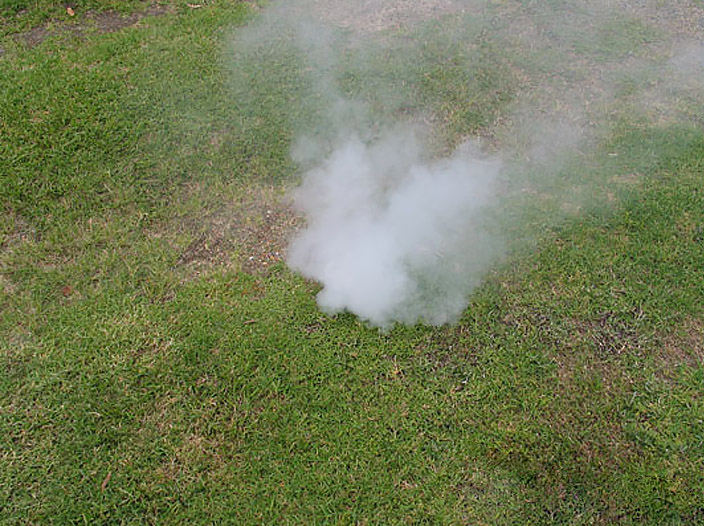
- Foul odor- Smelling sewer gases. One of the system's lids could be damaged or out of position. Sewer gases could also be escaping from the tank body itself, it might be the tank body may have cracks or holes. See how long the odor lasts and where it is coming from, the tank or the drainfield.
- Soggy ground– You may notice that the area around your tank is soggy; this could be septic tank water coming out of the ground. However if you have an inground sprinkler system, check that first.
- Standing water around the septic tank- When soil is exposed to wet conditions over long periods, it will often get compacted. If there is a leak in your tank, water coming from the leak could cause the nearby soil to settle and drop down as a result.
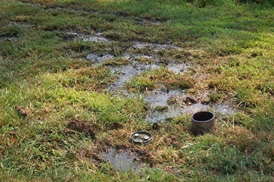
- Alarm Sounds- Newer septic systems have a built-in alarm that will alert you of problems. These alarms either emit a beeping noise or flash a red light, and they can be located either inside or outside of your house. It is important to be mindful of them and test them yearly to make sure the alarm is working.
- Cleaning products can kill the useful bacteria- The bacteria found in a septic tank helps break down the wastewater before it continues to the drainage field. When the levels of bacteria in the tank are insufficient, the solids will not break down. This can lead to clogging of the pipes. The levels of bacteria can drop as a result of cleaning products present in the wastewater. Cleaning products that are toxic to human beings will also kill off the bacteria that are necessary to maintain a septic system. Be aware that cleaning products of bleach, toilet cleaners and disinfectants ought not make their way into the waste piping.
DO:
- Find the exact location of your septic system – generally it will be ten to fifteen feet out from your basement access
- Call the professionals at Tri-County Septic to address your concerns and maintenance of your septic system
DO NOT:
- DO NOT pump water from your tank into your yard. This is fecal matter and other pollutants which can poison the ground as well as children and pets. Also water from your tank will adversely affect ponds or streams it runs into.
- DO NOT attempt to go down into the system without wearing protective gear. The gasses are poisonous. It is time to call in the Pros.
Taking the time to keep your septic system in good repair not only helps extend its life, more importantly it keeps you and your family, as well as surrounding waterways safe.
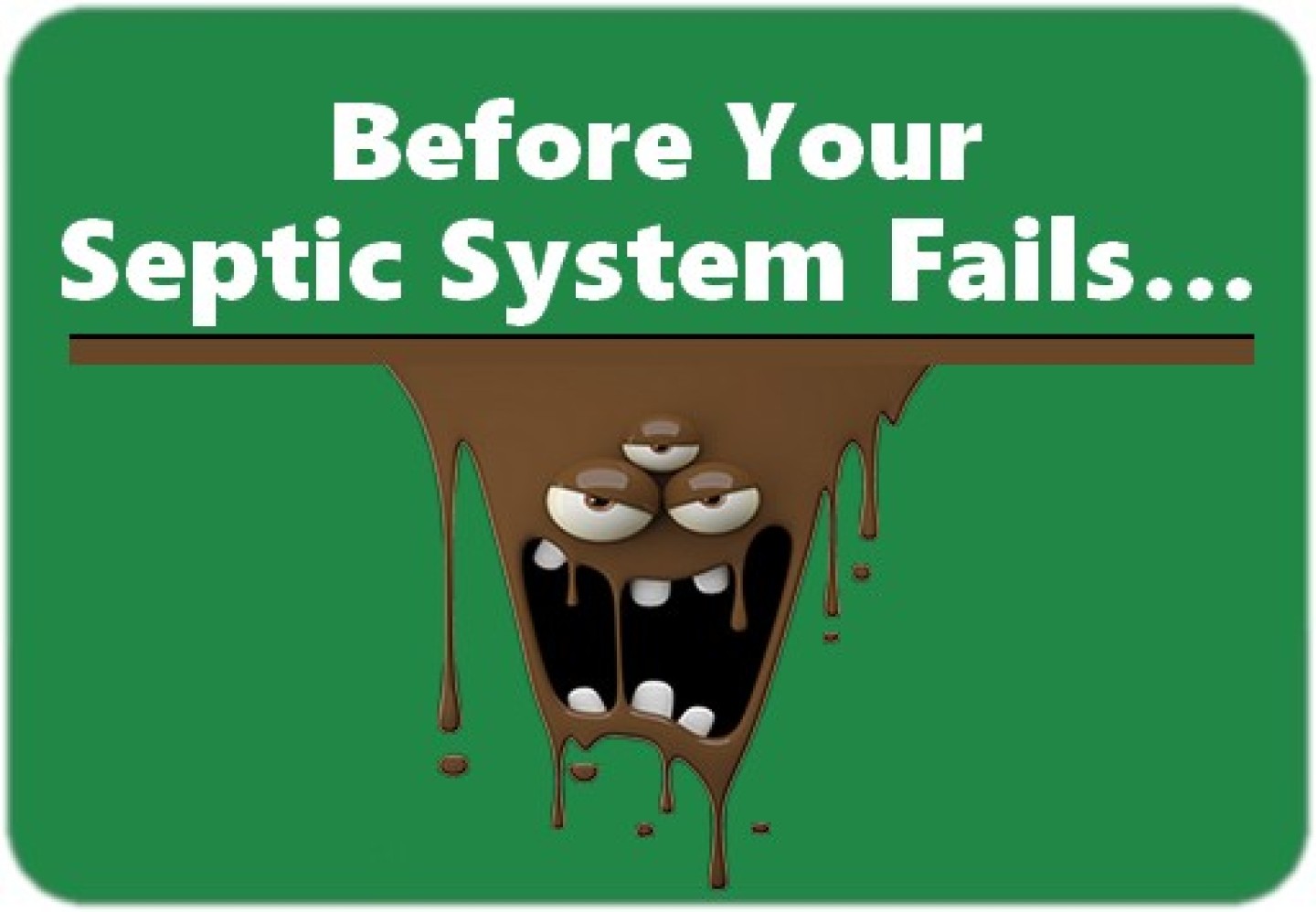
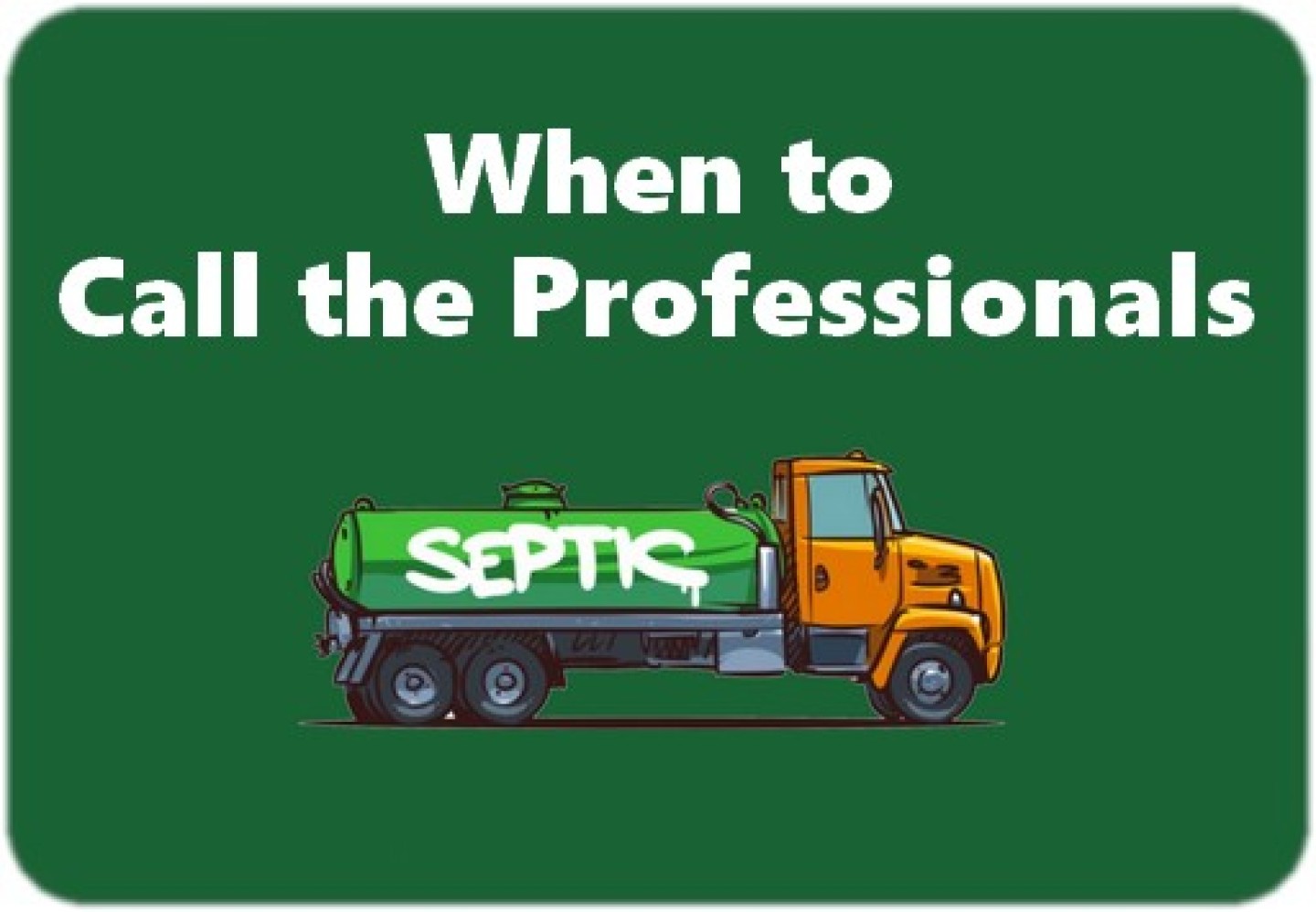
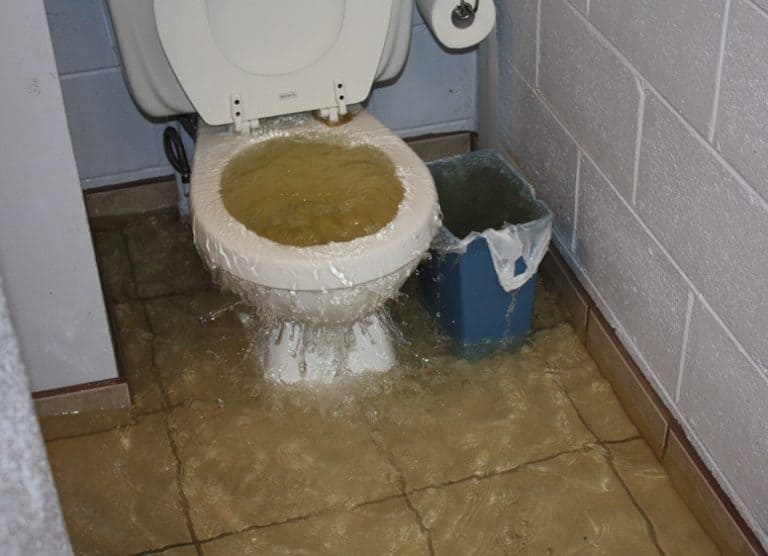
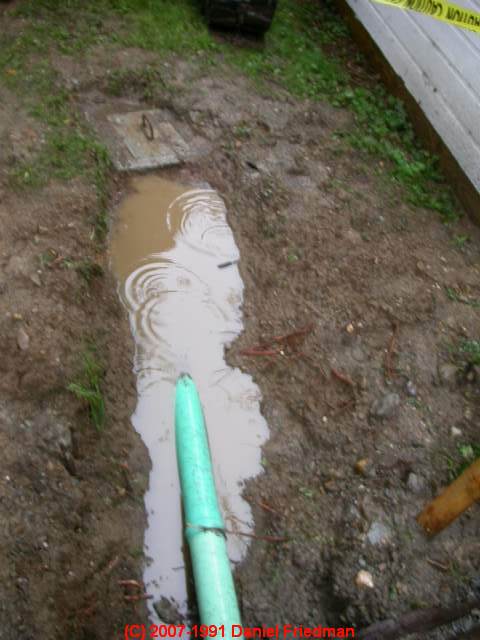
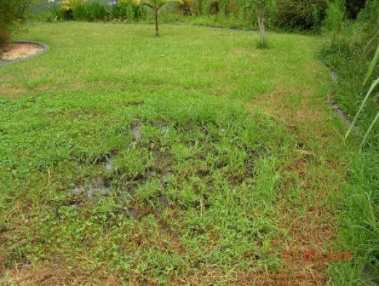
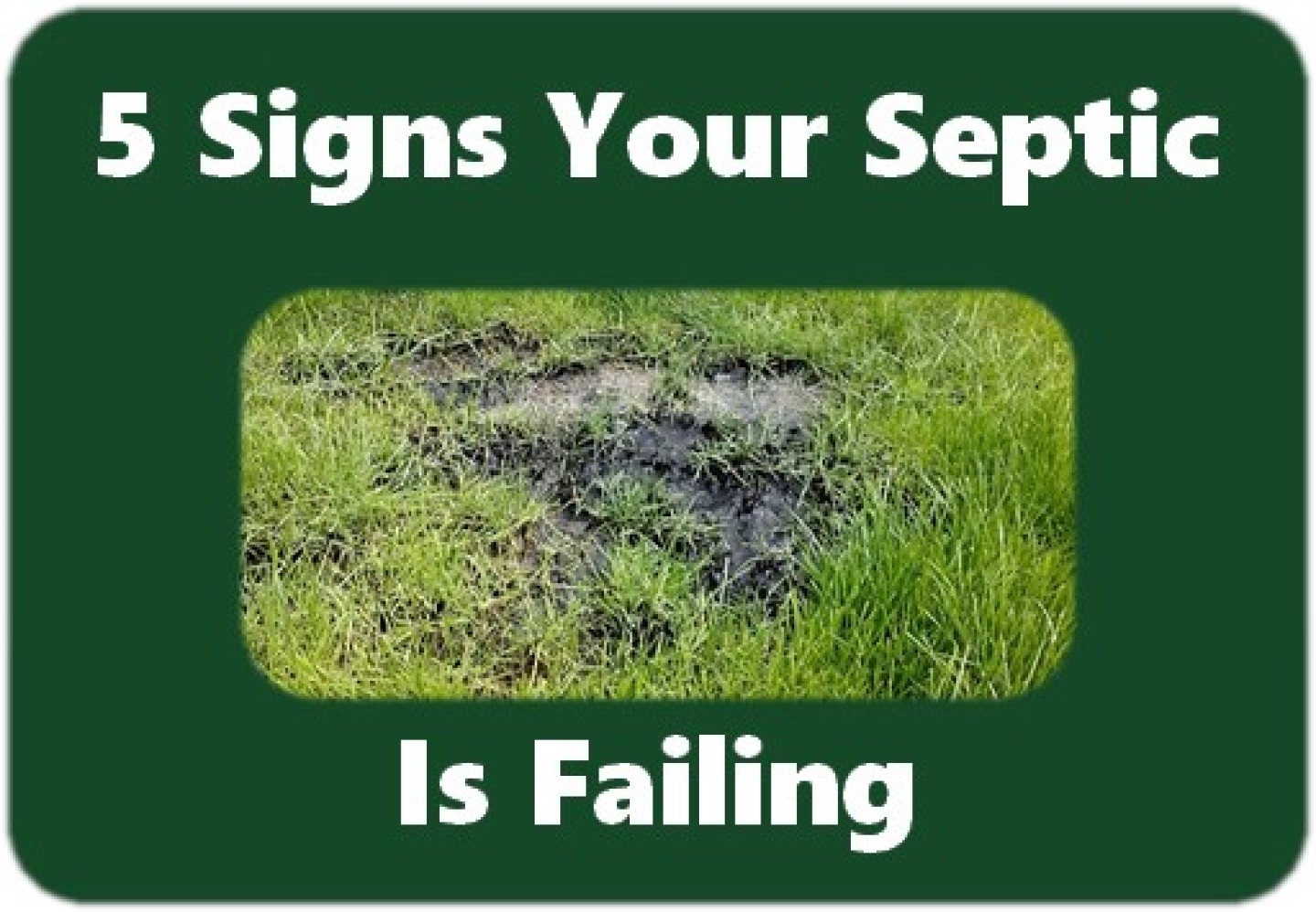
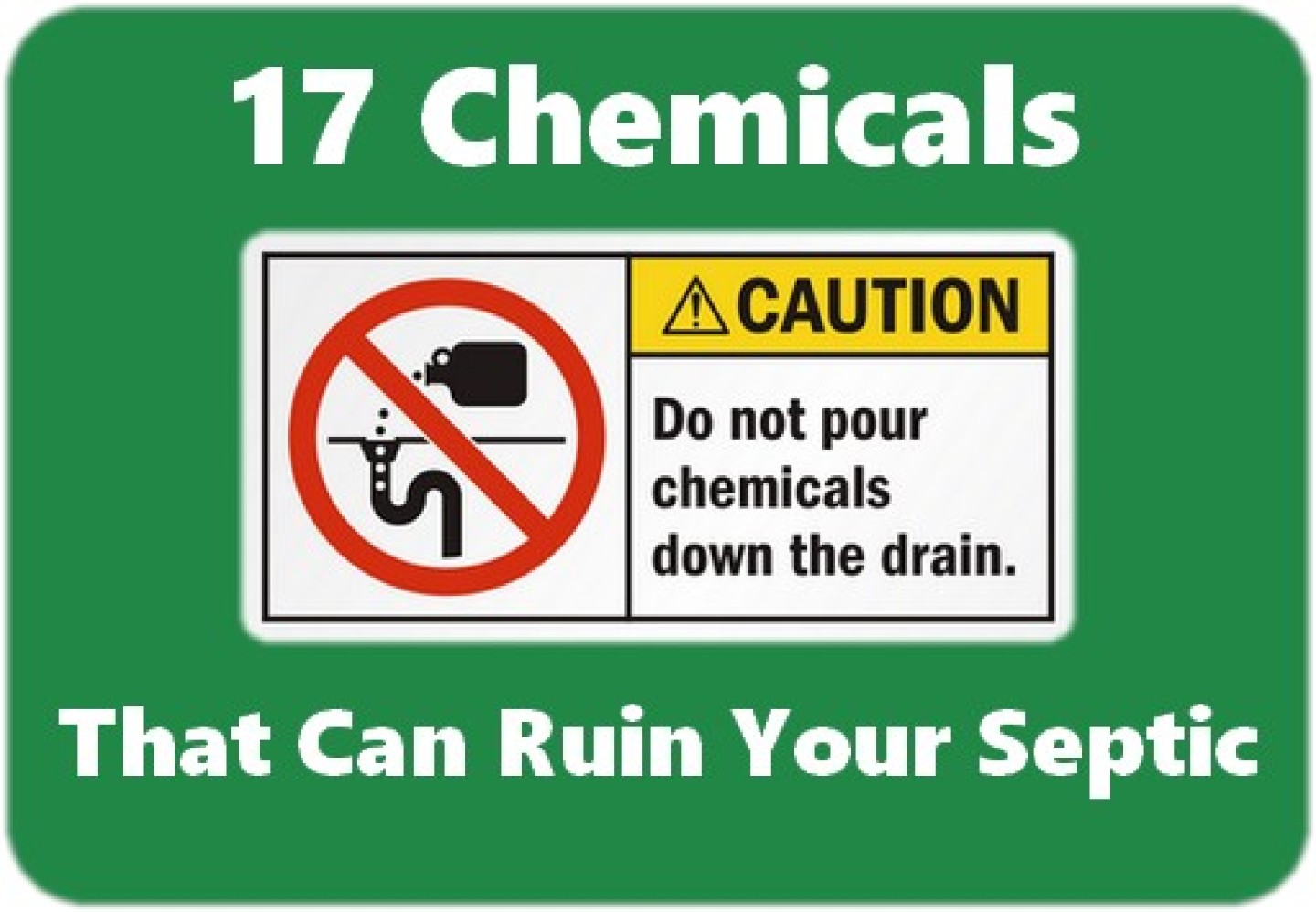
Recent Comments